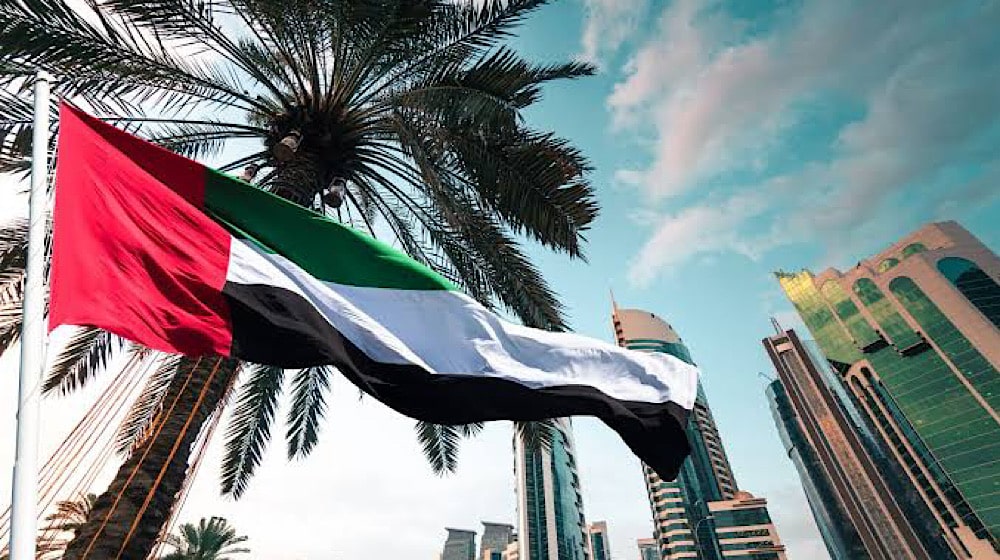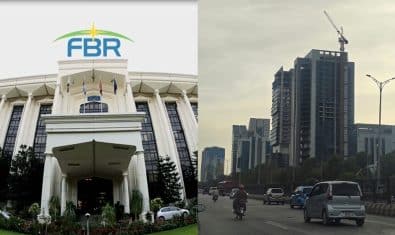In a significant move, the United Arab Emirates (UAE), through a Dubai-based company named Blue Carbon, has acquired vast tracts of forest land in five African countries, including Zimbabwe, Zambia, Kenya, Liberia, and Tanzania.
This land, nearly the size of the United Kingdom, is intended for forest conservation projects aimed at reducing carbon emissions. These projects will generate carbon credits, which can be sold to offset the emissions from burning fossil fuels.
However, this initiative has raised concerns among climate advocates and analysts. They argue that such projects could be a guise for the UAE to continue its reliance on fossil fuels. The UAE, a major oil producer, plans to exploit its oil reserves for the next 50 years, far beyond the timeline suggested by scientists for a transition away from fossil fuels.
Critics also point out the potential conflict of interest, as the chairman of Blue Carbon, Sheikh Ahmed Dalmook Al Maktoum, is a member of Dubai’s ruling family, states CNN. There is speculation that these carbon credits might be used to offset the UAE’s own substantial carbon footprint.
The UAE’s approach to climate change will be a focal point at the upcoming COP28 climate summit, which it is hosting. The country plans to advocate for carbon removal strategies, including forest conservation and capturing carbon emissions from oil and gas production. However, this stance has been met with skepticism and criticism. Many argue that it allows for the continued expansion of fossil fuel production under the guise of climate action.
The UAE’s oil and gas sector, particularly the Abu Dhabi National Oil Company (ADNOC), is central to its economy. ADNOC is planning to increase its production significantly by 2030, which contradicts the global push towards reducing fossil fuel reliance. This has led to accusations of greenwashing and calls for a more genuine commitment to reducing emissions.
While the UAE’s forest conservation projects in Africa offer a potential solution for carbon offsetting, they also raise questions about the sincerity of the country’s climate commitments and the role of fossil fuel interests in shaping global climate policy.





















